5 Vermicelli Replacements That Still Work in Stir Fry
Vermicelli substitutes can truly transform your dishes when this thin pasta isn't available in your pantry.
The absence of this ingredient can disrupt a recipe, but several excellent alternatives offer unique textures and flavor profiles that blend seamlessly.
These replacement options range from common kitchen staples to more specialized products found in international food aisles.
With just a few adjustments to cooking times and techniques, most substitutes blend seamlessly into original recipes.
The right alternative often depends on the specific dish you're creating and what flavors would complement it best.
After reading our complete guide, you'll never worry about running out of vermicelli again.
What Is Vermicelli?
Vermicelli is a type of long, thin pasta that is used in many cuisines around the world, and its delicate strands can bring a special texture to soups, salads, and even desserts:
Five Flavorful Vermicelli Alternatives
Vermicelli pasta swaps keep soups, stir-fries, and salads satisfying while offering new shapes and textures. Quick cooking makes them convenient too. Explore the options that could fit your menu.
Capelli Dangelo
Del Verde Capelli D'Angelo offers a premium gluten-free pasta experience for those with dietary restrictions.
This 8.8 oz package is crafted in a dedicated allergy-friendly facility, ensuring safety for sensitive eaters.
Made in the United States, this angel hair pasta cooks in just 2-3 minutes, making quick meals a breeze when you're short on time.
The delicate thin strands work beautifully with light sauces or as a bed for chicken, seafood, or vegetables without overpowering their flavors.
These fine noodles also add wonderful texture to homemade soups, instantly elevating simple broths to satisfying meals.
Fedelini
De Cecco Fedelini No.10 pasta stands out for its authentic Italian craftsmanship using 100% durum wheat semolina in each 16oz package.
The traditional bronze die shaping creates a texture that perfectly captures your favorite sauces, making each bite more flavorful than ordinary pasta.
De Cecco's slow, low-temperature drying method preserves essential nutrients that quick-dried pastas often lose.
For home cooks who appreciate quality, this thin pasta works beautifully with light marinara or delicate pesto sauces, letting subtle flavors shine through.
Spaghettini
Felicetti Organic pasta, crafted since 1908 in the Italian Alps, stands out as one of Italy's premier pasta options due to its perfect al dente texture that never overcooks or sticks.
Four generations of the family have perfected their artisanal pasta-making skills, creating products worthy of Michelin-starred restaurants worldwide.
The spaghettini is made from 100% organic Italian durum wheat, carefully selected through long-standing farmer partnerships to achieve the ideal flavor profile.
Its taste offers a gentle, rounded character with a distinctive mineral finish that lingers pleasantly on your palate.
Spaghetti
De Cecco Spaghetti No.
12, a true Italian masterpiece since 1886, captures sauce perfectly with its specially designed surface texture.
Made from high-protein durum wheat, this pasta maintains its firm bite and authentic flavor through De Cecco's signature slow-drying process at low temperatures.
From traditional marinara to creamy carbonara, this versatile pasta works beautifully with countless sauce combinations for quick weeknight meals or special dinner gatherings.
De Cecco's dedication to quality shows in every strand, giving you restaurant-quality pasta at home without any complicated techniques.
Rice Vermicelli
TANISA organic rice noodles offer a perfect substitute for regular pasta with USDA and EU certification for superior nutrition.
These versatile Vietnamese vermicelli noodles shine in countless dishes from pho to pad thai to spring rolls, with quick preparation making mealtime a breeze.
Families dealing with gluten sensitivity can rely on these noodles as a tasty alternative that works wonderfully in place of traditional spaghetti.
The natural plant-based ingredients make them suitable for various dietary needs including Paleo, AIP, Keto, and vegan lifestyles.
Tips for Preventing Clumping or Overcooking Vermicelli Substitutes
If you’re using vermicelli substitutes, keeping the noodles from clumping or getting mushy is key for the best texture and taste:
Stirring Early
Give the noodles a gentle stir immediately after adding them to the boiling water. This helps separate the strands early and prevents them from sticking together as they begin cooking.
Plenty Of Water
Always use a large pot filled with plenty of water so the noodles have ample room to move freely. This reduces crowding and prevents the noodles from clumping or sticking during cooking.
Watch The Clock
Thin noodles cook very quickly, so start checking their doneness a minute or two before the package’s suggested time to avoid overcooking and ending up with mushy or limp noodles.
Rinsing After Cooking
Once drained, rinse the noodles under cool running water to immediately stop the cooking process and to wash away excess starch that can cause the noodles to stick together.
Tossing With Oil
After rinsing and draining, toss the noodles lightly with a small amount of oil, such as olive or sesame oil, to keep them separate, especially when using them in cold salads or stir-fries.
Add To Dishes Last
When incorporating noodles into soups or dishes with sauces, add them at the very end, just before serving. This keeps the noodles fresh, prevents them from soaking up too much liquid, and maintains their ideal texture.
Vermicelli Substitutes: Frequently Asked Questions
1. Can I use glass noodles instead of vermicelli?
Yes, especially in stir-fries or soups. Glass noodles (made from mung bean starch) have a chewy, translucent quality once cooked.
2. What’s a good gluten-free alternative to wheat vermicelli?
Rice noodles, quinoa pasta, or shirataki noodles are all gluten-free options that work well in many vermicelli recipes.
3. Can angel hair pasta replace vermicelli in soups?
Definitely. Angel hair cooks quickly and blends seamlessly into broths, much like traditional vermicelli.
4. What Asian noodles are closest to vermicelli?
Rice sticks or cellophane noodles are often used in similar ways and can replace vermicelli in many Asian dishes.
5. Is thin spaghetti too thick to replace vermicelli?
Thin spaghetti is a little thicker, but it’s still a suitable substitute when cooked al dente and used in light sauces or broths.
6. Can I use zucchini noodles in place of vermicelli?
Yes, spiralized zucchini makes a great low-carb substitute, especially in cold salads or light stir-fries.
7. How do I adjust cooking time when swapping vermicelli?
Check the package of the substitute, vermicelli cooks in about 3-5 minutes, so choose a substitute with a similar cook time or adjust accordingly.
8. Are there any low-calorie substitutes for vermicelli?
Shirataki noodles are extremely low in calories and make a great alternative for those watching their intake.

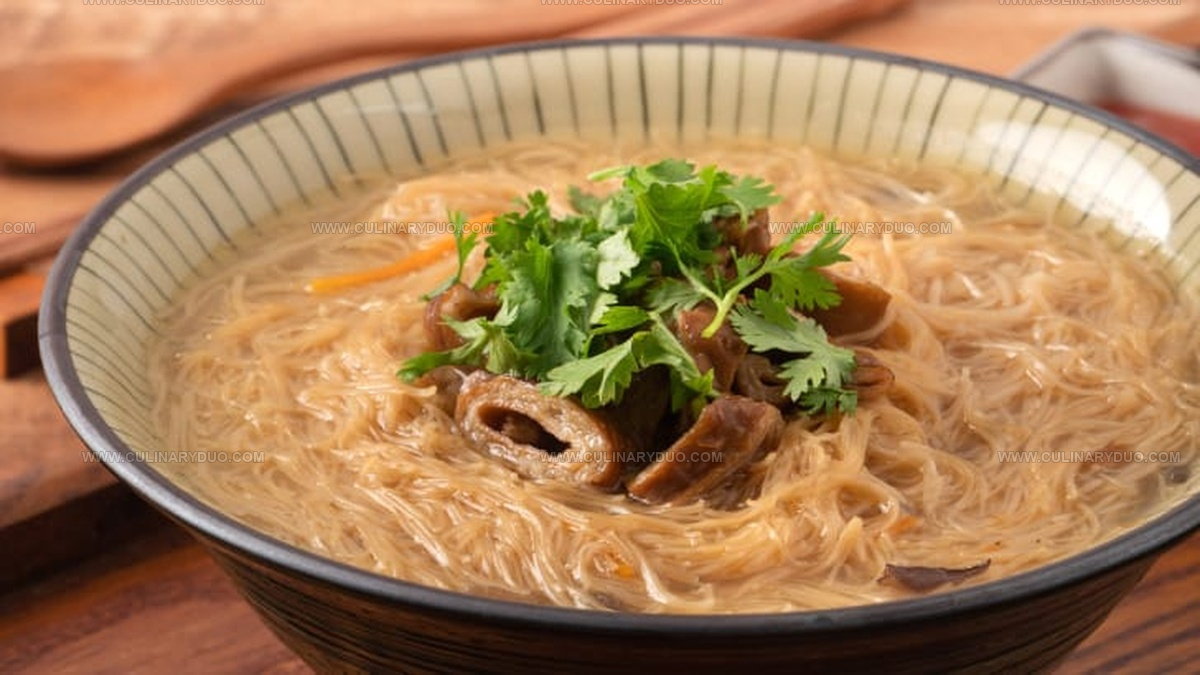
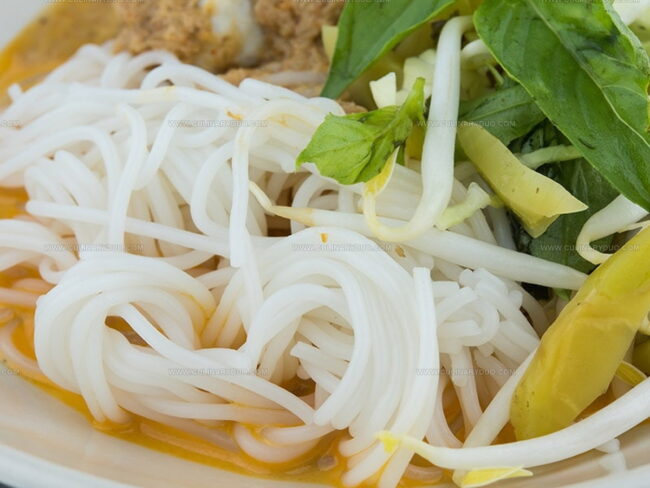
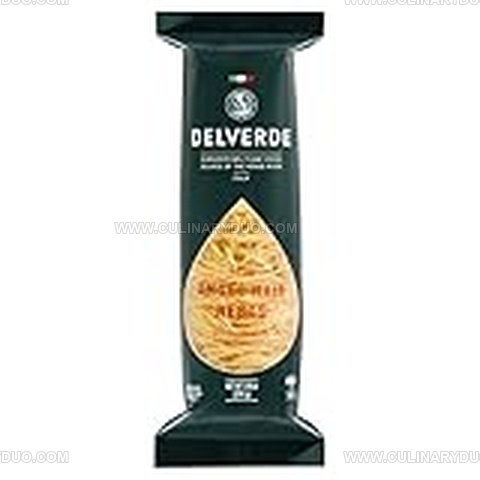
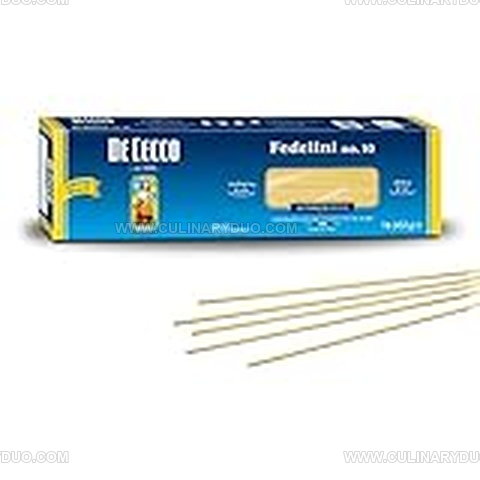
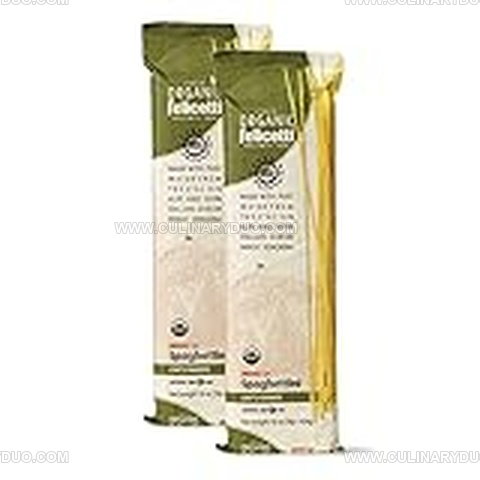
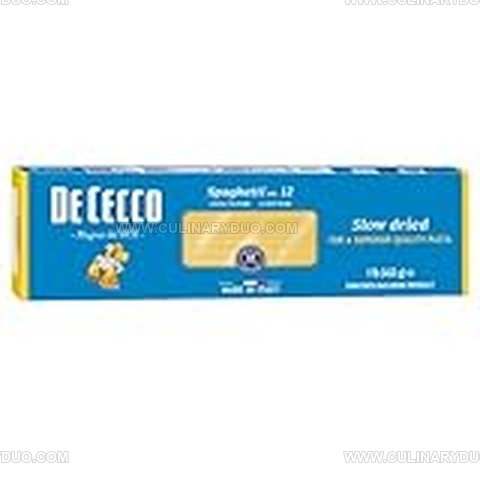
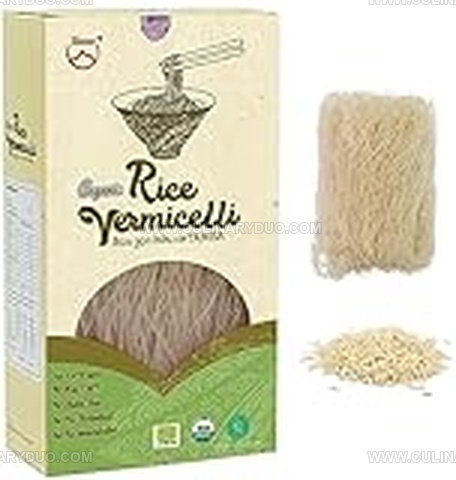
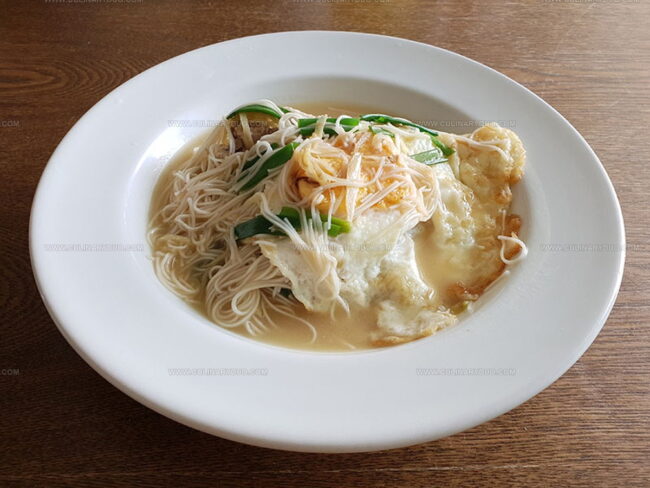
Natalie Brooks
Co-Founder & Content Strategist
Expertise
Education
eCornell
Natalie brings the vibrant, plant-powered side to Culinary Duo. After earning her Plant-Based Nutrition Certificate from eCornell, she combined her love for fresh ingredients with a passion for storytelling, aiming to make healthy cooking simple and satisfying.
Her kitchen motto: good food doesn’t need a fancy label, it just needs fresh ideas and a little creativity. Outside of writing and recipe testing, Natalie’s happiest in her garden, exploring farmers’ markets, or mixing global flavors into new kitchen experiments.